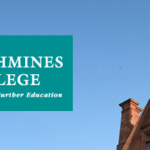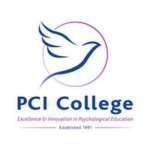There are many great reasons to study disability. This field is incredibly useful for anyone who wants to work in social care, education or the health sector. However, people from a number of backgrounds and disciplines not directly related to social care or health undertake disability studies. These include architects, town planners, politicians, and humanities scholars. This is because disability studies is an interdisciplinary field. It offers a significant step towards understanding, planning and implementing equality, inclusion and independence for disabled persons.
Lecturers encourage students to investigate and challenge the beliefs and attitudes surrounding disability. As a result, the content is engaging and stimulating. It explores topics such as the medical and social models of disability, legislation, access, gender, sexuality, equality and more.
Why choose this course?
Disability studies can be done as a part of a Bachelor or Master of Arts degree. Arts students can major in Health and Disability. In addition, psychology, healthcare or social care courses may include courses on disabilities studies.
The National University of Ireland Maynooth (NUIM) offers a Certificate in Disability Studies. This course is aimed at adults working, or wanting to work in, the disability sector. Students learn the theories and debates around disability. They also undertake tutorials on independent living, universal access, social inclusion and equality issues.
Both disabled and non-disabled students enrol in this course. Anyone who is keen to understand the harshness, exclusion and politics surrounding disability will benefit. It is especially relevant for anyone working in disability, social care, education and health
What does it involve?
Disability studies covers a range of topics. These may include any or all of the following:
- Models of disability
- Body politics
- Equality and advocacy
- Disability and the law
- Social analysis and environment
- Disability and daily living
Students are generally assessed through assignment. In addition, students may need to complete a personal learning journal and/or have a minimum attendance record.
At a glance
NUIM’s Certificate in Disability Studies runs for a total of 100 hours, on a part-time basis. Accreditation is a NFQ level 7 Certificate in Disability Studies. Assessment is made through assignments.



















